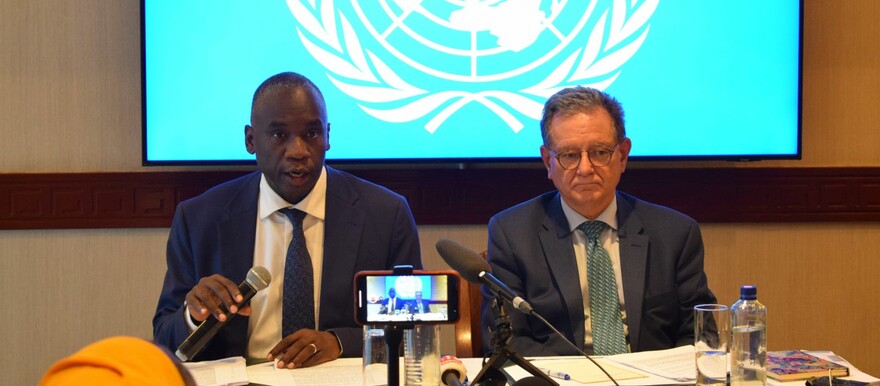Impunity and corruption were the main reasons for the recent extension of South Sudan’s transitional government, the UN General Assembly was told on Wednesday.
The UN Human Rights Council said in a press release dated October 30 that the absence of governance and political accountability, and the diversion of national resources to corruption, had stalled South Sudan’s transition, and led to the most recent extension of the 2018 Revitalized Peace Agreement.
The sentiments are based on the report of the Commission on Human Rights in South Sudan, an independent body mandated by the UN Human Rights Council. In its resolution of March 27, 2024, the UN Human Rights Council requested the Commission to present an update to the General Assembly.
The poll delay, the press release said, had further exacerbated an already dire human rights situation in South Sudan.
“South Sudanese across all social spectrums are suffering immensely from the catastrophic deteriorating humanitarian and economic crises. They are tired of waiting for political leaders to end their obfuscation in implementing the peace agreement,” the press release quoted Barney Afako, who addressed the General Assembly in New York, on behalf of the Commission.
“The people desperately want an accountable and responsive government that is committed to their wellbeing and will deliver on its human rights obligations and guarantee protection for citizens”, Afako is further quoted.
The Commission expressed its concern over the latest postponement of what would have been South Sudan’s first General Election since independence in 2011.
“The crucial issue facing South Sudanese is not merely delay or lack of elections: it is the sabotage of the democratic transformation they are entitled to, and the mounting human consequences of this abject failure to protect and respond to the social and economic entitlements of citizens,” said Yasmin Sooka, the Chair of the Commission.
The Commission called upon the South Sudan political leaders to urgently promote a credible and participatory constitution-making, which would be the basis for elections; promote accountability and recovery by investing in justice; stop the corruption and plunder of resources; prioritize protecting the rights of women and girls; end the repression of civic and political space; and invest in peace by ending violent political competition.
The UN member states were urged to renew their support by demanding that South Sudan take concrete, corrective steps to credibly conclude the transitional period, and to respect, protect, and fulfil the human rights of citizens.




